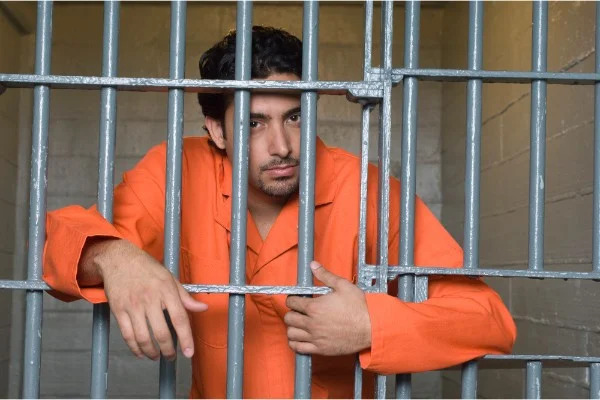Alabama Prison Suicides Reach Crisis Level

On February 14, 2019, Matthew Blake Holmes, a 28-year old prisoner in Alabama’s Limestone Correctional Facility was found dead. His death was ruled a suicide. Mr. Holmes’s death marks the fourteenth suicide in Alabama prisons in fourteen months. According to the Southern Poverty Law Center, the rate of prison suicides in Alabama has become an emergency situation.
“Horrendously Inadequate”
In a 2017 ruling, a federal judge called the Alabama Department of Corrections’ (ADOC) mental healthcare “horrendously inadequate.” The judge called the failures an example of cruel and unusual punishment. The Southern Poverty Law Center (SPLC) represents prisoners with mental illness in a class action lawsuit against the ADOC. Suicides, especially in segregation cells, has been a central issue in the lawsuit. At least four of the last seven suicides in ADOC facilities have taken place in segregation units. Matthew Holmes’s family believes he may have been the fifth.
Federal judge Myron Thompson issued an order in June of 2017, requiring ADOC to work with SPLC to correct major issues. The ADOC has moved awayfrom working with the SPLC and pushed aside a number of SPLC suggestions. This means there will likely be a trial where a court will be forced to order ADOC to implement changes.
High Suicide Rate
According to the SPLC, the suicide rate in Alabama prisons is four times the national average. The number of suicides has risen as the number of prison guards in ADOC facilities has fallen. The ADOC claims it is working with finite resources and doesn’t have the ability to implement better systems. The SPLC has suggested an increased frequency of guards checking on inmates in segregation units, closer supervision of inmates on suicide watch, and a discontinuation of the placement of mentally ill prisoners in segregation units.
Prisoners placed in segregation units, or solitary confinement, often develop mental health issues. Those who already have mental health issues and are placed in segregation are especially at risk. They are particularly susceptible to deterioration that can lead to suicide.
If you or a loved one has a mental disability and has been arrested or convicted of a crime, you need an experienced criminal defense attorney on your side. Elizabeth Kelley specializes in representing individuals with mental disabilities. To schedule a consultation call (509) 991-7058.


